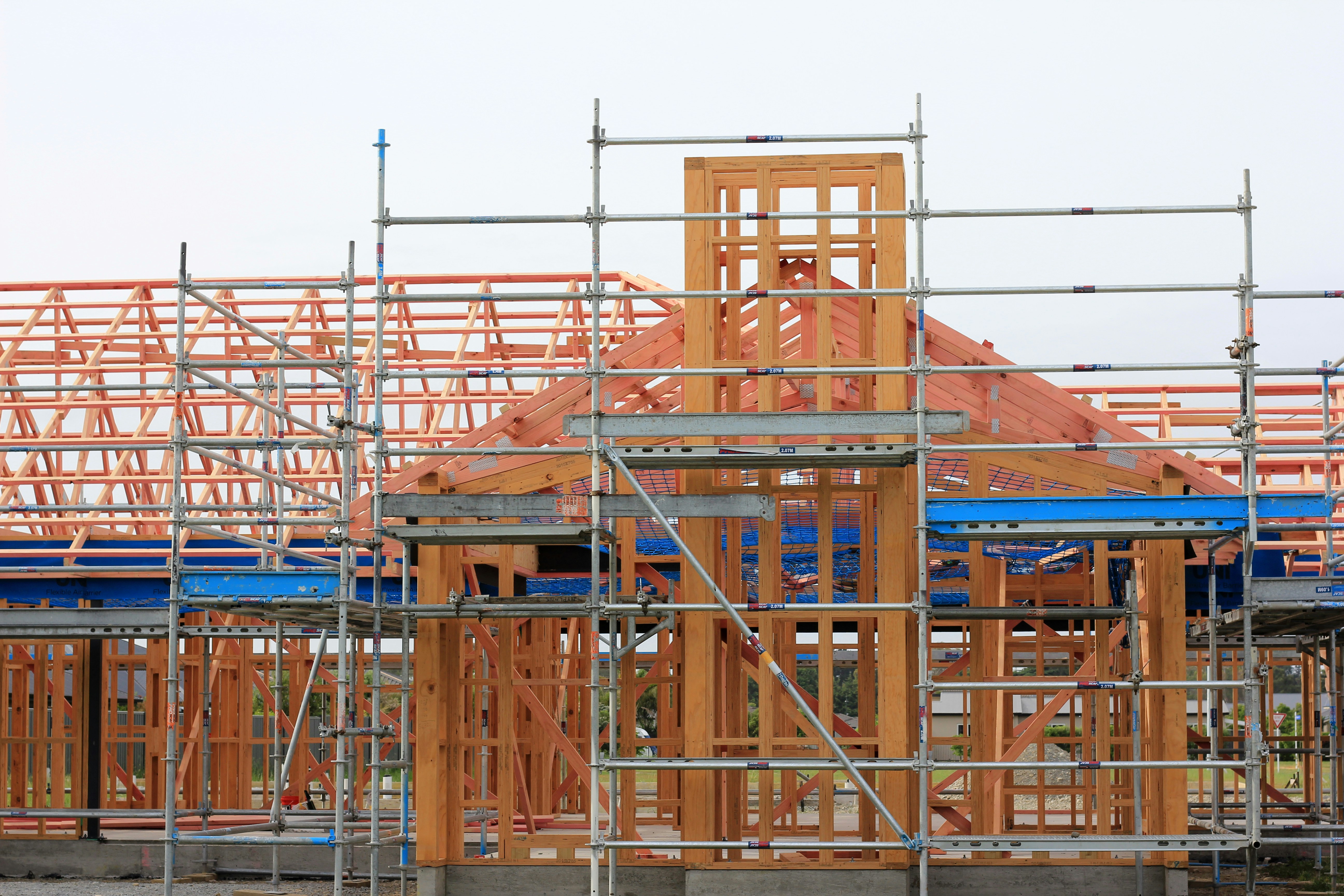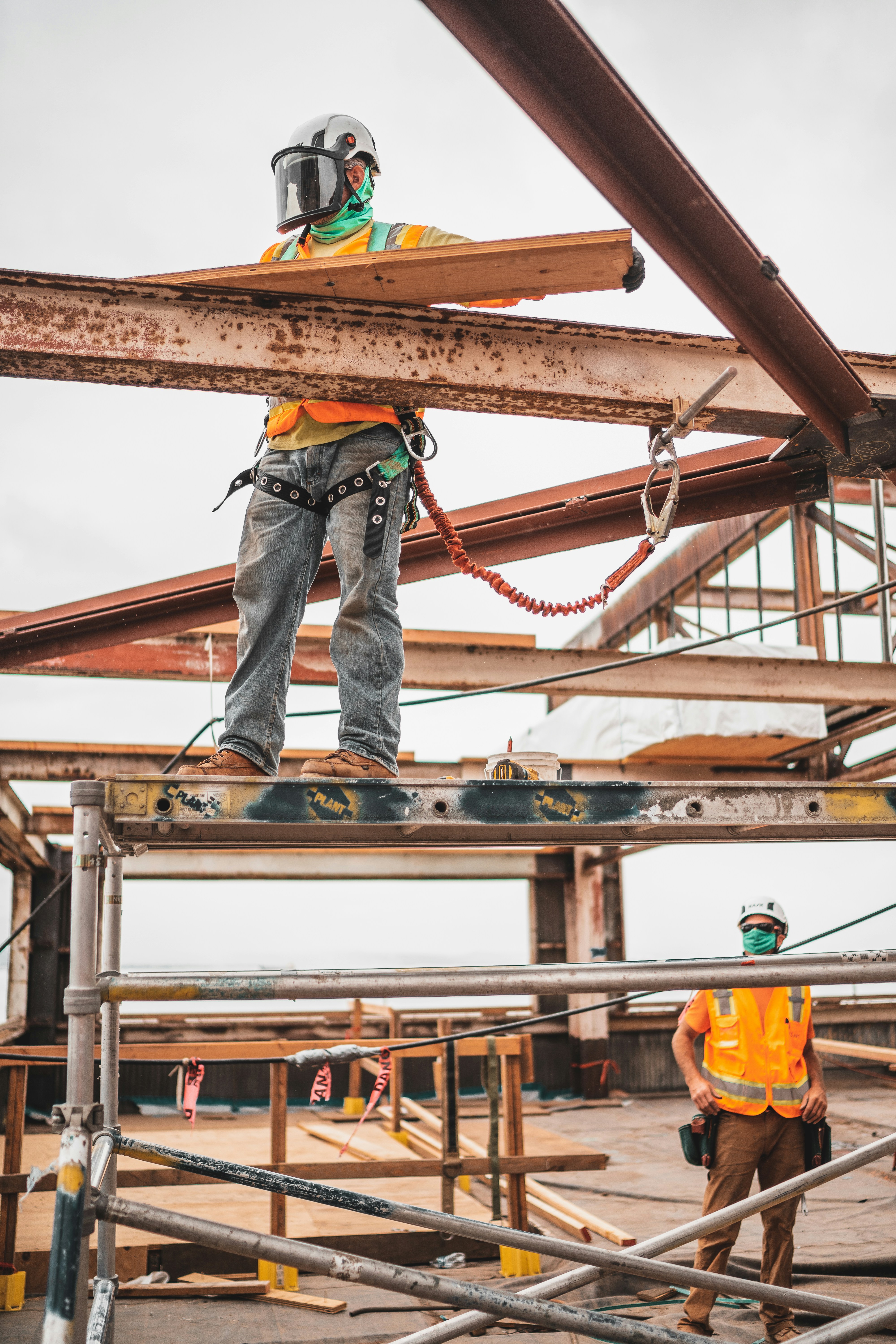
How Long Does Custom Home Building Take? A Clear Timeline
Building a custom home is a journey many aspire to undertake, yet a common question arises: how long does the process really take? This post will unpack the timeline in detail, covering preparation steps, a construction timeline breakdown, and how seasonal factors can impact the process. Readers will learn what to expect and how to manage challenges effectively. Understanding these elements can empower homebuyers, helping them plan better and alleviate uncertainties often accompanying custom home building.
Key Takeaways
Effective communication with builders is crucial for a smooth construction process
Choosing the right season can help avoid weather-related delays in building timelines
Early planning and thoughtful design influence the overall success of the custom home project
Setting realistic expectations helps homeowners manage stress during the construction journey
Flexibility is key to navigating unexpected challenges in the custom home building process
Understanding the Custom Home Building Timeline

The custom home building process involves several key phases, each influencing the timeline. Topics such as communication, inspections, and decisions on interior design play crucial roles. Readers will learn about the typical duration of these phases and how factors like extreme weather can impact the timeline. Understanding these aspects helps homebuyers set flexible expectations for their home build.
Key Phases in the Home Building Process
The custom home building process involves several key phases directly affecting the timeline. Each step ensures a solid foundation, from assessing the lot's topography to planning the structure. Choosing materials like insulation and tile during the design phase also impacts the project's overall duration, making effective communication with builders essential for meeting deadlines.
Important Factors Influencing the Duration
Several key factors can impact the duration of the custom home building process. For instance, the chosen floor plan may affect how easily choices like wood types and concrete materials can be sourced and applied. Additionally, weather conditions, such as the potential for local flooding, can delay construction schedules, while accessibility to the building site can also create challenges that may extend the timeline.
Typical Duration of Each Phase in Home Building
The typical duration of each phase in the custom home building process varies based on various factors, including the complexity of the design and materials used. For instance, the framing stage can take several weeks, especially if there are shortages in lumber or other essential materials. Afterward, installing the exterior features, along with soundproofing and plumbing for items like showers, adds additional time, making effective scheduling and communication with builders crucial for keeping the project on track:
Preparing for the Custom Home Building Journey

Setting realistic expectations for a custom home building timeline is vital for a successful journey. Choosing the right builder ensures alignment with the homeowner’s schedule, while early planning and thoughtful design lay a strong foundation. This section will provide practical knowledge on these key aspects, helping homeowners navigate the construction landscape and make informed decisions about features such as their dream bathroom.
Setting Realistic Expectations for Your Timeline
When embarking on a custom home-building journey, homeowners must set realistic expectations for their timeline. Factors such as the local climate can significantly influence construction schedules, particularly during extreme weather conditions. Additionally, coordinating necessary installations like electrical wiring and ensuring energy-efficient features may add time to the project. Selecting a reliable home builder who understands these variables and offers a solid warranty can provide peace of mind and help keep the construction process on track.
Choosing the Right Builder to Align With Your Schedule
Choosing the right builder is essential for a smooth custom home building process and aligning with the homeowner's timeline. A knowledgeable builder understands local building codes and zoning regulations, ensuring that every aspect of the custom home built complies with legal requirements. With the complexity of the construction landscape today, including challenges with the supply chain, selecting a builder who can navigate these hurdles can significantly impact the timeline and overall experience, helping homeowners manage expectations effectively.
Importance of Early Planning and Design
Early planning and design are fundamental steps in the custom home building journey, as they greatly influence the timeline and overall success of the project. By thoughtfully considering aspects like lighting and ceiling heights, homeowners can ensure that their vision is realized efficiently. Engaging reliable subcontractors early on helps streamline the renovation process, especially in climates where snow can delay construction, allowing for a smoother transition from planning to building.
Construction Timeline Breakdown

The construction timeline for a custom home is largely influenced by key phases such as site preparation and foundation work, which involves evaluating soil conditions and ensures a solid base. Following this, the framing and structural elements establish the home's layout. Lastly, interior work, including cabinetry installation and HVAC systems, brings the home to life, marking the final stages of building.
Site Preparation and Foundation Work Duration
Site preparation and foundation work are critical stages in the construction timeline of a custom home. This process usually takes anywhere from a few weeks to a couple of months, depending on factors like the soil conditions and whether the home includes a basement. During this time, contractors evaluate the site, clear debris, and lay the groundwork for walls and the overall structure, ensuring a strong foundation that supports the roof and entire building.
Framing and Structural Elements Timeline
The framing and structural elements stage of home construction is vital. It typically lasts between three to six weeks, depending on project management efficiency and factors like the inclusion of a crawl space. During this phase, builders assemble the framework that defines the home’s layout, while also ensuring that essential systems, such as water supply lines, are properly integrated. As the framing progresses, choosing the right materials for siding becomes crucial for aesthetics and durability, making timely communication between homeowners and builders essential to minimize delays.
Interior Work and Finishing Stages Duration
During the interior work and finishing stages of custom home construction, which typically last four to eight weeks, custom home builders focus on creating inviting spaces within the property. This phase includes installing walls, cabinetry, and fixtures, ensuring every detail aligns with the homeowner's vision. Effective communication with builders aids in making timely decisions that can prevent delays, helping to realize the homeowner's dream environment efficiently.
Managing Delays and Adjustments During Home Building

Common reasons for timeline extensions in custom home building include material delays, weather issues, and changes in design decisions. Homeowners can implement strategies for staying on track, such as setting milestones and being proactive. Effective communication with the builder is vital to navigate challenges and ensure that aspects like mortgage approvals are managed smoothly, keeping the project moving forward.
Common Reasons for Timeline Extensions
Unexpected material delays, adverse weather conditions, or last-minute design changes are common reasons for timeline extensions in custom home building. For instance, if a specific type of flooring isn't available when scheduled, it can push back the entire finishing timeline. Homeowners should remain flexible and maintain open communication with their builder to address these challenges efficiently and keep the project on track.
Strategies for Staying on Track
To keep a custom home building project on track, homeowners should establish clear timelines with their builders from the start. Regular updates and communication can help identify potential delays early, allowing for quick adjustments. Setting specific milestones, such as completion of framing or final inspections, provides a roadmap and encourages accountability, making it easier to manage expectations during the construction journey:
How to Communicate With Your Builder Effectively
Effective communication with a home builder is essential for navigating potential delays during the construction process. Homeowners should set regular check-ins to discuss timelines, address concerns, and update on any changes in design or materials. This practice keeps everyone on the same page, aiding in prompt decision-making and helping to minimize disruptions to the overall timeline of the custom home building project.
Impact of Seasonal Considerations on Building Time

The best seasons for custom home construction play a significant role in determining project timelines. Understanding potential weather-related delays and ways to mitigate them can help prevent setbacks. Additionally, regional differences in building durations can affect the overall schedule. This section explores these factors, providing homeowners with practical insights to manage their construction projects effectively.
Best Seasons for Custom Home Construction
The best seasons for custom home construction are typically spring and fall. During these times, weather conditions are more stable, allowing for smoother progress without significant interruptions. In contrast, hot summers or harsh winters can lead to delays; therefore, choosing a milder season can greatly streamline the building process and help maintain a predictable timeline:
Weather-Related Delays and How to Mitigate Them
Weather-related delays can significantly impact the timeline of custom home building. Rain, snow, or extreme heat can halt construction activities, especially during site preparation and foundation work. To minimize these disruptions, homeowners can plan their building schedules around the best seasons for construction, like spring and fall, and discuss contingency plans with their builders. This proactive approach can help avoid unnecessary setbacks and keep the project moving smoothly.
Regional Differences in Building Duration
Regional differences can greatly affect the duration of custom home building projects. For example, homes built in areas with milder climates often experience fewer weather-related delays, allowing for a more predictable timeline. Conversely, regions that face heavy snowfall or intense heat may see construction extended due to environmental challenges, making it essential for homeowners to consider local conditions when planning their timelines.
Conclusion
Understanding the timeline for custom home building is essential for homeowners seeking to manage expectations and ensure a successful journey. By recognizing the key phases and factors that influence construction durations, such as design choices and seasonal conditions, buyers can prepare better for potential delays. Open communication with builders and setting realistic milestones can effectively navigate challenges, making the process smoother and more efficient. Ultimately, being informed about the timeline empowers homeowners to make decisions that align with their vision, making their dream home a reality.


